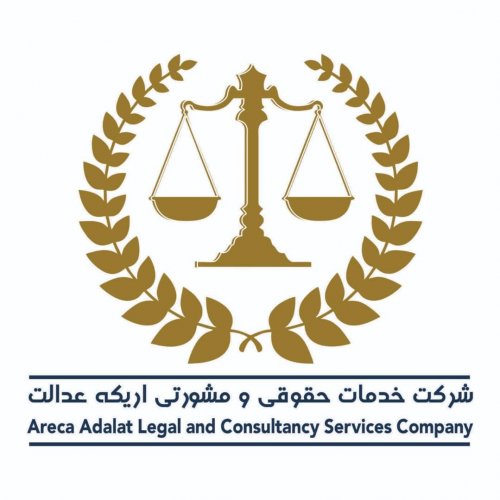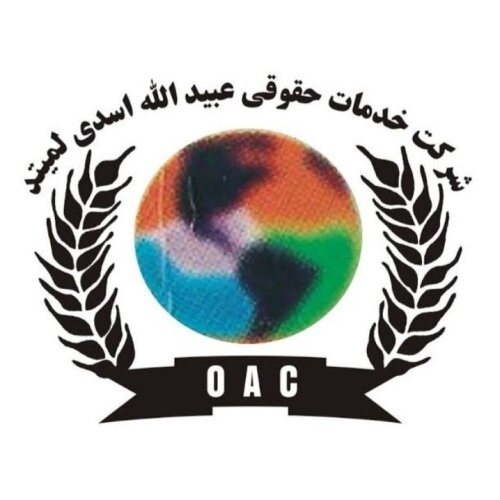Best Family Lawyers in Kabul
Share your needs with us, get contacted by law firms.
Free. Takes 2 min.
Free Guide to Hiring a Family Lawyer
List of the best lawyers in Kabul, Afghanistan
About Family Law in Kabul, Afghanistan:
Family law in Kabul, Afghanistan encompasses legal matters related to marriage, divorce, child custody, inheritance, and other familial issues. It is primarily based on Islamic legal principles, with elements of traditional Afghan customs and practices. The laws are aimed at protecting the rights and interests of family members and promoting stability within the family unit.
Why You May Need a Lawyer:
Family law matters can often be complex and emotionally challenging. You may require legal assistance in various situations, such as:
- Marriage: To understand the legal requirements and procedures for marriage, including obtaining necessary documentation and conducting the ceremony.
- Divorce: To navigate the process of divorce, division of assets, and child custody.
- Child Custody: To establish or modify child custody arrangements and protect the best interests of the child.
- Inheritance: To ensure fair distribution of property and assets after the death of a family member.
- Domestic Violence: To seek legal protection, file complaints, and obtain assistance in cases of domestic abuse.
Local Laws Overview:
Family law in Kabul, Afghanistan is primarily based on Islamic Sharia law. Some key aspects include:
- Marriage: Afghan law recognizes both religious and civil marriages. It requires the consent of the parties involved and the presence of witnesses.
- Divorce: Divorce can be obtained through various means, such as mutual consent, judicial decree, or Khula (a process initiated by the wife).
- Child Custody: The law generally emphasizes the best interests of the child and considers factors such as the child's age and the mother's ability to care for them.
- Inheritance: Afghan law follows Islamic principles of inheritance, where specific shares are allocated to each family member based on their relationship to the deceased.
- Domestic Violence: Domestic violence is illegal in Afghanistan. Victims can seek protection orders and legal remedies.
Frequently Asked Questions:
Q: How can I register my marriage in Kabul?
A: To register your marriage in Kabul, you need to visit the local Civil Registry Office and provide the necessary documentation, including identity documents, witnesses, and a marriage certificate obtained from the religious authority who solemnized the marriage.
Q: How can I obtain a divorce in Kabul?
A: Divorce in Kabul can be obtained through mutual consent, judicial decree, or Khula. The process may involve filing an application, attending hearings, and providing evidence or witnesses to support your case.
Q: What factors are considered for child custody in Kabul?
A: Child custody decisions in Kabul are based on the best interests of the child, considering factors such as the child's age, the mother's ability to care for them, and the presence of any special circumstances that may affect the child's welfare.
Q: How is property divided during a divorce in Kabul?
A: The division of property during a divorce in Kabul is determined based on the principles of fairness and equity. The court considers factors such as the contributions made by each spouse during the marriage and the needs of both parties.
Q: What legal protections are available for victims of domestic violence in Kabul?
A: Victims of domestic violence in Kabul can seek legal protection through the court system. They can obtain protection orders that restrict the abuser's contact, file criminal complaints, or seek assistance from organizations specializing in providing support to survivors of domestic abuse.
Additional Resources:
If you need legal advice or assistance with family matters in Kabul, you can consider reaching out to the following resources:
- Ministry of Justice: The government body responsible for overseeing the legal system in Afghanistan.
- Legal Aid Organizations: Such as The Afghanistan Independent Bar Association (AIBA) or the International Legal Foundation (ILF), which provide low-cost or free legal services to those in need.
- Women's Rights Organizations: Organizations such as the Afghan Women's Network (AWN) or the Afghan Women's Education Center (AWEC) can provide support and guidance specifically related to women's legal rights.
Next Steps:
If you require legal assistance in family matters in Kabul, Afghanistan, follow these steps:
- Evaluate the specific legal issue you are facing and determine the type of legal help you require.
- Consult with family law specialists or legal aid organizations to seek advice and guidance.
- Prepare all relevant documents and information related to your case.
- Engage the services of a qualified family lawyer who can represent your interests and guide you through the legal process.
- Stay proactive and involved in your case by attending all necessary hearings and engaging in open communication with your lawyer.
Lawzana helps you find the best lawyers and law firms in Kabul through a curated and pre-screened list of qualified legal professionals. Our platform offers rankings and detailed profiles of attorneys and law firms, allowing you to compare based on practice areas, including Family, experience, and client feedback.
Each profile includes a description of the firm's areas of practice, client reviews, team members and partners, year of establishment, spoken languages, office locations, contact information, social media presence, and any published articles or resources. Most firms on our platform speak English and are experienced in both local and international legal matters.
Get a quote from top-rated law firms in Kabul, Afghanistan — quickly, securely, and without unnecessary hassle.
Disclaimer:
The information provided on this page is for general informational purposes only and does not constitute legal advice. While we strive to ensure the accuracy and relevance of the content, legal information may change over time, and interpretations of the law can vary. You should always consult with a qualified legal professional for advice specific to your situation.
We disclaim all liability for actions taken or not taken based on the content of this page. If you believe any information is incorrect or outdated, please contact us, and we will review and update it where appropriate.
Browse family law firms by service in Kabul, Afghanistan
Kabul, Afghanistan Attorneys in related practice areas.










